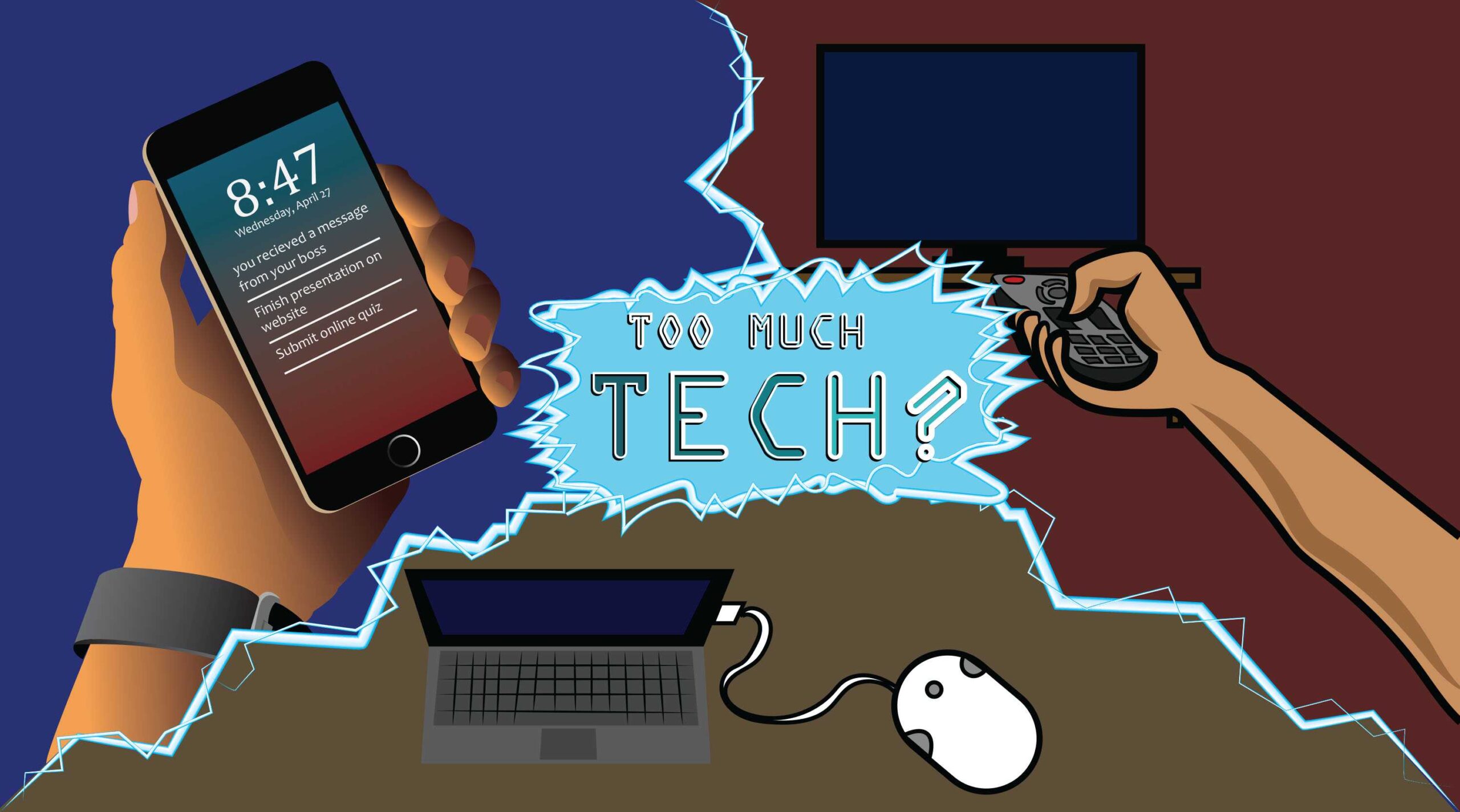
In today’s digital age, technology has become an integral part of our lives. From smartphones to smart homes, we rely on technology for communication, information, entertainment, and even daily tasks. While the benefits of technology are undeniable, it is crucial to question whether our dependency on it has gone too far. This article delves into the darker aspects of our digital obsession, exploring the potential consequences and providing insights into striking a balance.
1. The Overwhelming Influence of Technology
Technology has transformed the way we live, work, and interact with the world around us. From the moment we wake up, we often find ourselves reaching for our smartphones to check notifications, social media updates, and emails. Our dependency on technology has grown to such an extent that it pervades nearly every aspect of our lives.
2. The Impact on Human Interaction
One of the most significant concerns regarding our reliance on technology is its effect on human interaction. With the rise of social media platforms and instant messaging apps, face-to-face communication has taken a backseat. People now prefer virtual interactions over real-world connections, leading to a decline in meaningful conversations and deep relationships.
3. Diminished Productivity and Attention Span
While technology has undoubtedly enhanced productivity in various fields, it has also brought about a decline in overall focus and attention span. The constant bombardment of notifications, advertisements, and distractions makes it difficult to stay focused on a single task. Studies have shown that multitasking and excessive screen time can negatively impact cognitive abilities and reduce productivity.
4. The Threat to Privacy and Security
As we become increasingly dependent on technology, the issue of privacy and security comes to the forefront. With the extensive collection of personal data by technology companies and the growing threat of cyberattacks, our privacy is at stake. From targeted advertising to data breaches, the digital world poses significant risks to our personal information.
5. Physical and Mental Health Concerns
The sedentary nature of our tech-driven lifestyle has led to a rise in physical health issues. Spending hours hunched over screens, coupled with a lack of physical activity, can contribute to problems such as obesity, eye strain, and musculoskeletal disorders. Moreover, excessive screen time and the constant exposure to online content can negatively impact mental health, leading to anxiety, depression, and addiction.
6. Disparity and Accessibility
While technology has the potential to bridge gaps and bring people closer, it also exacerbates existing disparities. Not everyone has equal access to technology, creating a digital divide that hinders opportunities for education, employment, and social progress. Those who lack access to technology are at a disadvantage, further widening the gap between different socio-economic groups.
7. Environmental Impact
The production, consumption, and disposal of technology devices have significant environmental implications. The extraction of raw materials, energy consumption during manufacturing, and e-waste disposal contribute to pollution and resource depletion. As our dependency on technology grows, so does its impact on the environment, necessitating sustainable practices and responsible electronic waste management.
8. Nurturing a Healthy Balance
While the drawbacks of technology are evident, it is important to remember that technology itself is not inherently negative. The key lies in striking a balance between the digital world and the physical world. By consciously limiting screen time, engaging in meaningful offline interactions, and practicing digital detoxes, we can regain control over our relationship with technology and restore a healthier balance in our lives.
9. Promoting Digital Literacy and Conscious Consumption
To navigate the digital landscape effectively, digital literacy plays a crucial role. Education and awareness about the potential risks and benefits of technology empower individuals to make informed decisions. Additionally, practicing conscious
consumption by opting for sustainable and ethical tech products can contribute to a more responsible and mindful relationship with technology.
10. Cultivating Mindfulness in a Digital Age
Finally, cultivating mindfulness can help us develop a healthier relationship with technology. Being present in the moment, setting boundaries, and prioritizing self-care are essential aspects of maintaining balance. By incorporating mindfulness practices into our daily lives, we can mitigate the negative effects of technology and nurture our well-being.
Conclusion
While technology offers immense convenience and opportunities, it is essential to recognize and address the darker side of our digital obsession. By acknowledging the impact on human interaction, productivity, privacy, and health, we can take steps towards creating a healthier relationship with technology. Striking a balance, promoting digital literacy, and practicing mindfulness are pivotal in navigating the digital age while safeguarding our well-being and the world we inhabit. It is up to us to harness the benefits of technology while being mindful of its potential consequences.
